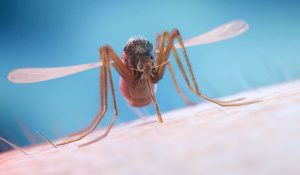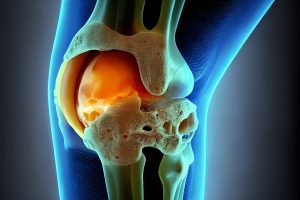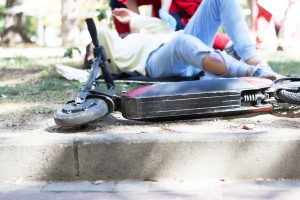A tasty vegetarian salad could be the fresh meal that fuels a space flight to Mars, a new study contends.
Researchers came up with the salad while searching for the optimal “space meal” that would supplement prepackaged foods on long voyages between planets.
The salad contains soybeans, poppy seeds, barley, kale, peanuts, sweet potato, and sunflower seeds, according to a report in the journal ACS Food Science & Technology.
These ingredients meet male astronauts’ special nutritional needs and can be grown in space, the researchers said.
Astronauts in space burn more calories than humans on Earth do, researchers said in background notes. They also require extra nutrients like calcium to stay healthy during extended periods of weightlessness.
Previous efforts have explored ways to grow food in space, but no specific fresh meals have been developed for future space travel, noted senior researcher Volker Hessel, a professor of sustainable chemical engineering at the University of Adelaide in Australia.
For this study, researchers assessed combinations of fresh ingredients that could be grown in space because they require less water, fertilizer, time and area. They also considered whether inedible portions of the grown foods could be recycled onboard a spaceship.
After settling on their space salad, the researchers whipped one up and subjected it to an Earthbound taste test for four people.
One tester raved about the salad, saying he “wouldn’t mind eating this all week as an astronaut,” the researchers said. Others were more muted in their praise, but they went back for second helpings.
The combo salad proposed by the researchers can’t cover all the nutritional bases for male astronauts, but researchers said any nutrients missing from their meal could come from supplements.
Future research will look into the nutritional needs of female astronauts, and expand the variety of potential space crops, the researchers said.
More information
NASA has more about space food.
SOURCE: American Chemical Society, news release, Jan. 2, 2024
Copyright © 2024 HealthDay. All rights reserved.













-300x200.jpeg)
-300x213.jpeg)










